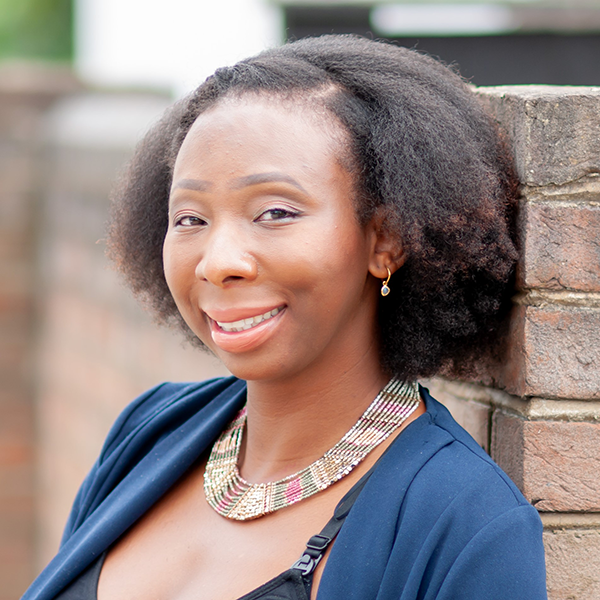The UK’s Worker Protection Act came into force last October; now is the time for all employers to act.
What makes people choose or leave careers in the pursuit of "work-life balance"?
I started out my career as an employment lawyer in a large international law firm. After a few years of long hours and considerable pressure, I decided I'd had enough and moved to an in-house role, in the hope that I'd have better work-life balance. The reason for that move (or so I thought) was that I did not want to continue sacrificing so much of my time on late nights and weekends in the office, working on corporate deals that I didn't care about. However, having just watched a TEDx Exeter talk by Michelle Ryan (Professor of Social and Organisational Psychology at the University of Exeter) I think there were probably other factors also at play.
Many people assume that women choose not to go into particular jobs because of the long hours required and the sacrifices that need to be made - thereby making women seem less ambitious and more attracted to the idea of work-life balance than men. However, Michelle Ryan's cutting-edge research into ambition and work-life balance across the gender divide shows that women's desire for work-life balance isn't innate or linked to the "biological clock". There is something more complex going on.
Ms Ryan suggests that a key driver is the willingness to make sacrifices for one's career. Women who don't feel that they're similar to those who have been successful before them, and who don't feel they can succeed in the future, are unwilling to make sacrifices at home for their careers. Why? Because they feel that their sacrifices won't be rewarded, that they won't see the benefits.
Who is prepared to make these sacrifices? The research suggests that it's those who expect to succeed in the future, who have clear role models and a support network, and who feel that organisational success is meritocratic.
So what can be done? Ms Ryan suggests that "We need interventions and initiatives about work-life balance that go well beyond time - that focus on identity and belonging. We need to send a message that all types of people can make it - so that women, people of colour, people from working-class backgrounds can imagine themselves in certain roles, that they can succeed in those roles, and be confident that the sacrifices they make will be worth it in the end".
We need interventions and initiatives about work-life balance that go well beyond time - that focus on identity and belonging. We need to send a message that all types of people can make it - so that women, people of colour, people from working class backgrounds can imagine themselves in certain roles, that they can succeed in those roles, and be confident that the sacrifices they make will be worth it in the end".
Related Articles

Strictly diversity and inclusion

New beginnings

Where do you begin?


HR Magazine: Nurses face 55% surge in racist abuse over three years
Fudia Smartt comments on how workplaces can better protect and support their people from racism.


HR Magazine: Half of UK workers faced toxic workplaces
Head of Resolution Zoe Wigan comments on speaking up and creating psychological safety.


HR Magazine: How to manage political polarisation at work
Matt Dean comments as recent events in America have intensified the discussion around polarisation.





